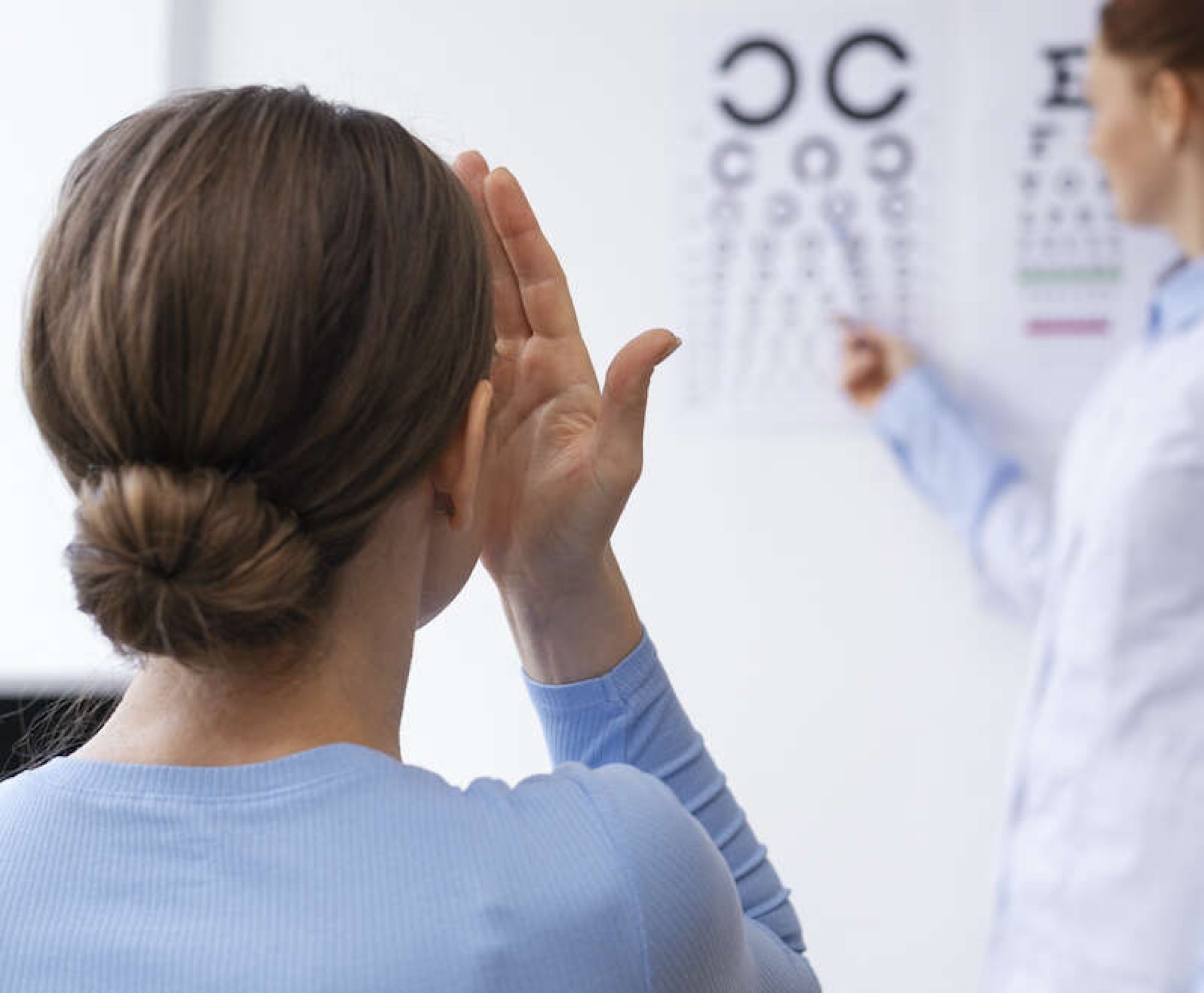Methods to Maintain Your Vision and Eyesight

Our eyes develop fully in our early 20s and undergo critical changes after our 30s. By the early 40s, people experience increasing farsightedness. According to the American Academy of Ophthalmology (AAO), by age 65, one in three Americans suffers from a vision-impairing eye disease. It is crucial to care of your vision and develop good eye health habits to prevent the risk of eye disease and preserve your good eyesight. If you want to keep yourself from getting an age-related eye disease, take the following steps and lead a life free of headaches and vision impairment.
Get regular eye exams:
Even when you think that your eye health is perfect and you do not need to take any overt steps, it is always a good idea to get a comprehensive dilated eye exam to be sure. Since many eye diseases do not have any warning signs, getting an eye exam will ensure that you catch any disease in their early stages. Pregnant women and people with diabetes require regular eye exams as they are more vulnerable to vision changes. AAO suggests that you need to have one comprehensive eye exam in your 20s and two exams in your 30s.
Quit smoking:
While smoking is bad for your overall health, you should know that research has shown that smoking also increases the risk of getting age-related eye diseases such as cataract, macular degeneration, and optic nerve damage. All of these diseases can lead to blindness, and quitting smoking is one of the most significant steps one should take to prevent age-related eye diseases.
Eat right:
Aging and increased use of screens lead to eye muscle strain and fatigue. It has become essential for us to take better care of our eyes, and eating the right food that will contribute to the overall health of our eyes is important. A diet rich in fruits and vegetables provides essential nutrients for optimal eye function. Simply Potent’s Eye and Vision Support consists of all the necessary vitamins and minerals to aid your eye health. It also contains antioxidants, important vitamin B compounds, and Bilberry extract that help to soothe eye strain and dryness.
Use appropriate eyewear:
While playing sports or doing activities that may cause eye injury, it is essential to use protective eyewear made from polycarbonate, a material ten times stronger than other plastics. Use sunglasses to protect your eyes from the sun’s UV rays. If you use contact lenses or glasses, use them daily and make sure you keep your glasses clean and always wash your hands before touching your contact lenses. Using protective and adequate eye gear is one of the most important good eye health habits.
Rest your eyes:
Getting adequate sleep can prevent eye fatigue, especially if you spend a large amount of time staring at a computer or a phone screen. If you feel your eyes are tired or experience eye strain in front of a screen, it is a sign that your eyes need a break. CDC suggests trying the 20-20-20 rule wherein every twenty minutes, you look away about 20 feet in front of you for every 20 seconds. Further, Harvard Health Publishing states that doing eye exercises faithfully, may delay the need for vision glasses.
As we age, our eyes become susceptible to degeneration, and need particular attention and care at different ages. Therefore, it is necessary to cultivate good eye health habits from an early age. Some of the methods mentioned above are a good starting point if you want to maintain your vision and prevent age-related eye diseases.


